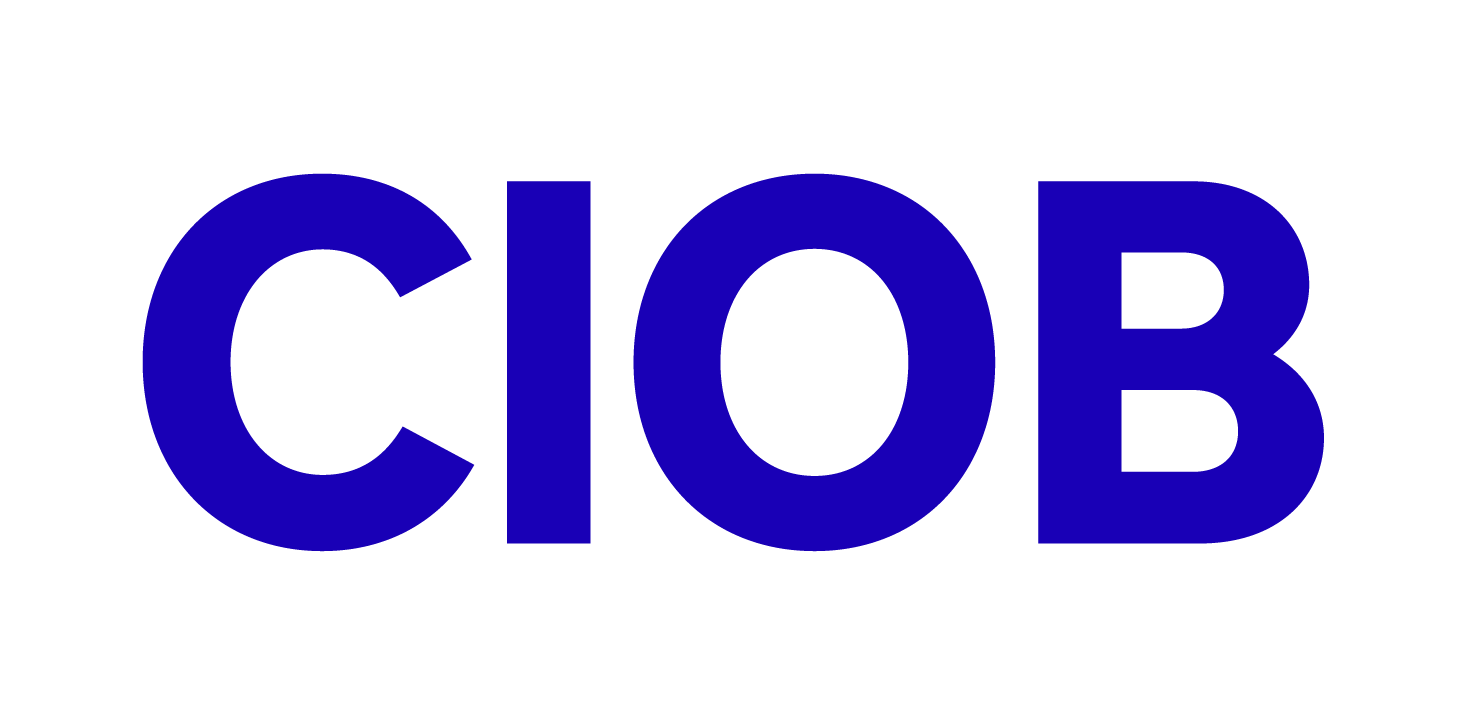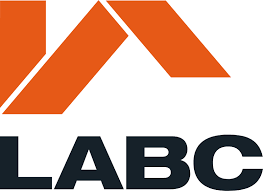Digital Enablers for Construction Transformation (DECONT)


An Open Invitation for R&D Collaboration
The construction industry is faced with fundamental challenges of low labour productivity and low-profit margins. These issues have hampered project performance and quality of the built environment, resulting in high profile and very public examples, such as Cross Rail and Grenfell Tower in the UK.
In order to address these considerable and persistent problems, there is a need for radical solutions to transform the production and delivery process in the construction industry. Digital technology exemplified by Internet of Things (IoT), the move to Industry 4.0 and related business model innovations offers an opportunity for radical transformation.
DECONT is a research project undertaken by Loughborough University, System Loco and several industry partners, and funded by Transforming Construction Network Plus (N+), via an open competition. DECONT investigates how radical new concepts for digital technologies in construction could address challenges, identify opportunities, and define policies and pathways that would help facilitate step performance improvement.
Based on empirical data, DECONT found:
(i) two drivers for performance improvement, namely collaboration within supply chain and investment in R&D,
(ii) technology adoption process in three gradual phases of development,
(iii) new business models that will facilitate this adoption process. Our finding on scenarios for the digitalisation of the construction industry can be found here.
DECONT examined a number of foundational digital enablers (hardware & software) that can be found in various combinations in Industry 4.0. These combinations can be applied to address key problems in the construction process related to poor productivity and quality defects requiring expensive rework. For example, reusable location tags with sensor capabilities mounted on building components in offsite factories can be tracked in real time to the final point of onsite installation
This coupled with ID tags worn by workers and affixed to tools and equipment can facilitate improved onsite workflow control with a step change improvement in productivity. Workflow monitoring can identify process step irregularities that could result in defects thereby reducing the possibility of rework.
The DECONT team is currently exploring the potential applications of the DECONT concept with industry practitioners. Our intention is to take DECONT concept forward for future collaborative R&D activities that address real problems in the industry. We would like to invite you to participate in this endeavour and explore future collaboration. If you are interested, please contact Robby Soetanto (Loughborough University) via email: R.Soetanto@lboro.ac.uk .
















